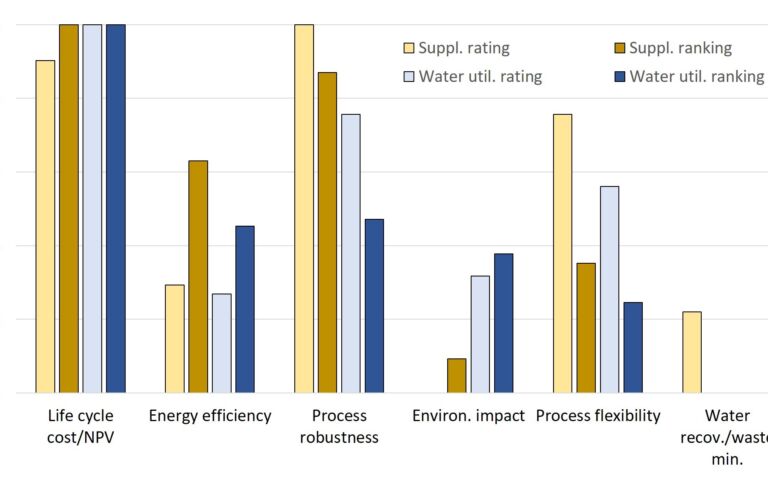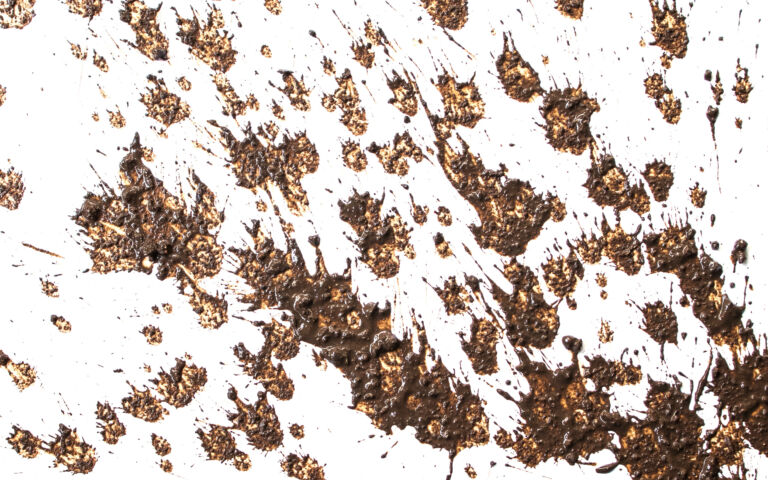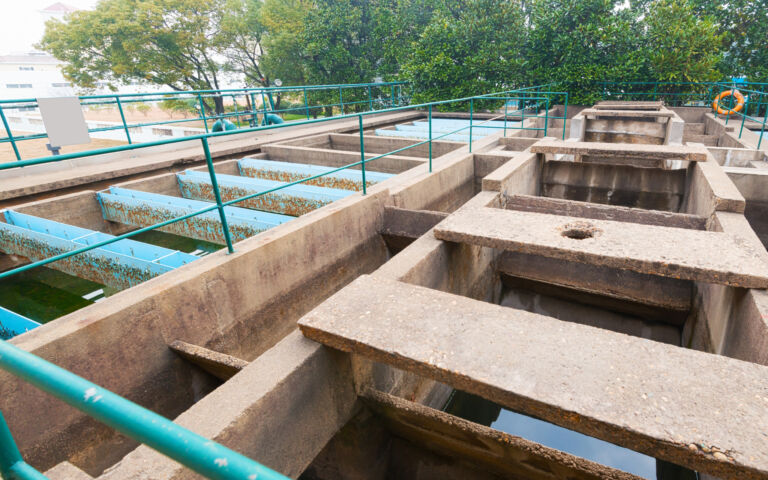Guest blog: Prospects for water reuse and the Semmelweis reflex

Dr Graeme Pearce
Director at Membrane Consultancy Associates Ltd. Membrane technology specialist with 40 years experience in the membrane industry. Email: gpearce@membraneconsultancy.com
Since the advent of Covid-19, we all know it’s a good idea to wash our hands. In 1840, a Hungarian medic called Semmelweis noticed that mortality rates on two seemingly identical maternity wards were three times higher for the one attended by medical students than for the one attended by midwives. He made the connection that the medical students were causing the increase in mortality since they arrived hotfoot from autopsies and were not in the routine of paying attention to their personal hygiene.
Semmelweis pointed this out and strongly recommended handwashing in hospitals, but his findings were largely ignored and rejected until some years later. In the meantime, Semmelweis died an ignominious death in an asylum at the age of 47 with the most important basic discovery in medical science disputed.
Semmelweis’ experience illustrates that evidence itself is not enough; communication of the evidence is everything. Apparently, he was rather undiplomatic and had a style that could be hectoring and accusatory. His rejection is such a salutary lesson that we call our tendency to reject evidence that contradicts accepted norms the 'Semmelweis Reflex'. Unfortunately, this tendency now seems only too common in current politics!
When I first started travelling to southern California in the early 2000s, I was struck by the difference in attitude to water reuse between Los Angeles and San Diego. Only 100 miles separate these two centres, but the attitude to reuse is chalk and cheese. The whole of southern California is dependent on long distance water transfer from the north of the state or over the mountains from the Colorado river. The energy cost of transfer makes it ideal to look at alternatives such as water reuse and desalination schemes.
At the time, San Diego rejected the idea of water reuse completely, although it did go ahead with desalination sometime later. However, a little further up the coast, an enormous water reuse scheme was implemented in Orange County to the south of LA, and here, the lower energy solution of reuse has been preferred to desalination. Eventually, San Diego had a change of message and a change of heart and now, 20 years later, future reuse schemes are planned.
Water reuse vs desalination: energy consumption
The difference in attitudes to reuse between these two neighbours has become a case study in how to progress with such a scheme. Not surprisingly, the key to acceptance of reuse is communication and engagement. Trying to sneak a solution through the back door will misfire. It is now the UK’s turn to accept or reject reuse and a potential scheme is being actively investigated by Southern Water. The climate is not as dry as southern California's, but the population density is higher. As noted by many, alternative sources will soon have to form part of the supply mix in the UK. Reuse makes a lot of sense since it allows us to control quality and uses less energy than the alternatives. Maybe we could all learn a thing or two from Semmelweis.







